Ground shipping is currently paused. Local deliveries throughout Long Island will continue as usual. Pre-orders for fall are now open. Non-local orders will begin shipping again in early September. Click here to learn more.
Ground shipping is currently paused. Local deliveries throughout Long Island will continue as usual. Pre-orders for fall are now open. Non-local orders will begin shipping again in early September. Click here to learn more.
| Size | |
|---|---|
| Common Name | |
| Type | |
| Family | |
| Native? | |
| Zone | 4, 5, 6, 7 |
| Height Range (ft.) | 40 to 70 |
| Spread (ft.) | 30 to 60 |
| Bloom Time | |
| Foliage | Dark green needles in bundles of three, 3-5 inches long; stiff and sharp |
| Sun | |
| Water | |
| Maintenance | |
| Suggested Use | eforestation, Erosion Control, reclamation projects, wildlife habitat restoration |
| Tolerate | |
| Attracts | |
| Growth Rate |
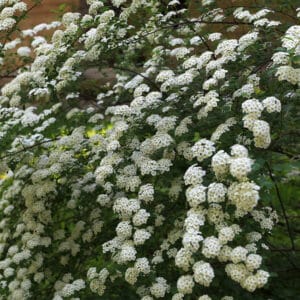
Pitch Pine is a rugged native evergreen that thrives in sandy, nutrient-poor soils. Ideal for restoration projects, erosion control, and wildlife habitats.
$30.99
Please note: Sizes 1.5 Gallon and up can’t be shipped outside the counties of Nassau, Suffolk, and Queens.
Learn more about how the process works and how our plants are delivered.
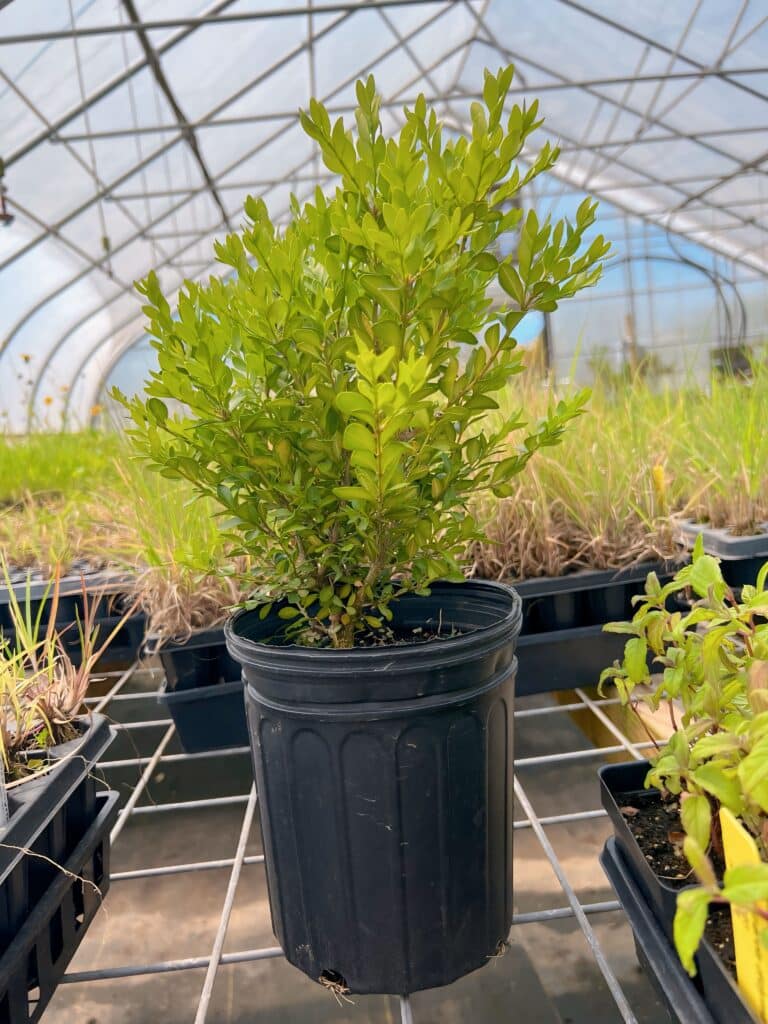


Ground shipping is paused due to summer heat. Only local delivery (Long Island & Queens) is available. Orders placed during the pause will begin processing September 1, and ground shipping will resume September 15.
| Size | |
|---|---|
| Common Name | |
| Type | |
| Family | |
| Native? | |
| Zone | 4, 5, 6, 7 |
| Height Range (ft.) | 40 to 70 |
| Spread (ft.) | 30 to 60 |
| Bloom Time | |
| Foliage | Dark green needles in bundles of three, 3-5 inches long; stiff and sharp |
| Sun | |
| Water | |
| Maintenance | |
| Suggested Use | eforestation, Erosion Control, reclamation projects, wildlife habitat restoration |
| Tolerate | |
| Attracts | |
| Growth Rate |
Pinus rigida, commonly known as Pitch Pine, is a resilient, native evergreen tree that thrives in harsh environments, including dry, sandy, and rocky soils. Typically growing 40 to 70 feet tall with an irregular, open crown, Pitch Pine is an essential species in the Pine Barrens of the eastern United States, where it plays a key role in fire-adapted ecosystems.
Pitch Pine produces clusters of stiff, dark green needles in bundles of three and bears small, oval cones that provide seeds for birds and small mammals. Its rugged appearance and tolerance to poor soils, drought, and fire make it a valuable species for habitat restoration and erosion control. As a native conifer, it supports various wildlife species and contributes to regional biodiversity.
Thrives in dry, sandy, and nutrient-poor soils
Tolerant of drought, poor conditions, and fire-adapted landscapes
Provides habitat, food, and shelter for wildlife in native ecosystems
Prefers full sun and well-drained soils
Tolerates drought and nutrient-poor, sandy, or rocky soils
Minimal maintenance once established; prune only to remove dead or damaged limbs
Ideal for sandy or rocky sites, coastal plantings, and restoration projects
Use in wildlife gardens to provide cover and food sources
Combine with native understory plants for habitat restoration and erosion control
Provides food and shelter for birds, squirrels, and other wildlife
Supports pollinators and beneficial insects in its native range
Helps stabilize soil in erosion-prone areas and supports fire-adapted habitats
Contributes to biodiversity and ecosystem health
/5
Total reviews
|
|
Persons recommended this product
Anonymous
Shopper
check_circle Verified
Shop owner replied
Was this helpful
Anonymous
Shopper
check_circle Verified
Shop owner replied
Was this helpful
There are no reviews yet.
Be the first to review “ ”
Your feedback helps us improve our service.
Please log in to submit a review.
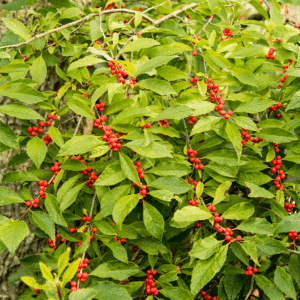
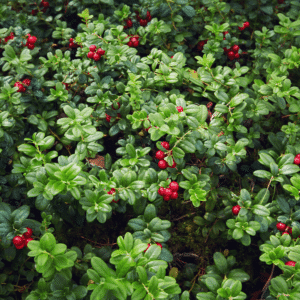
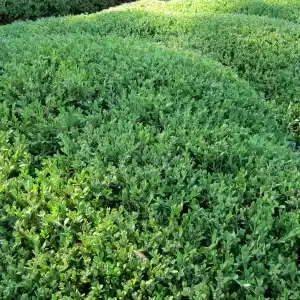
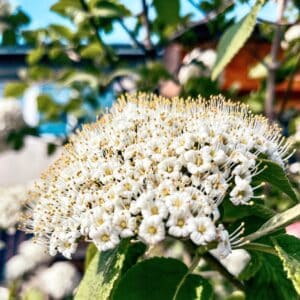
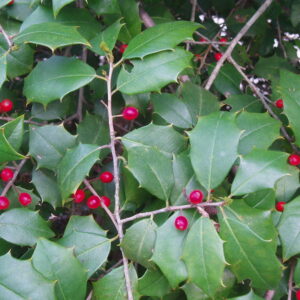
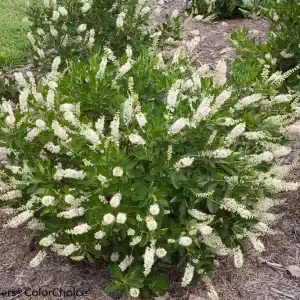
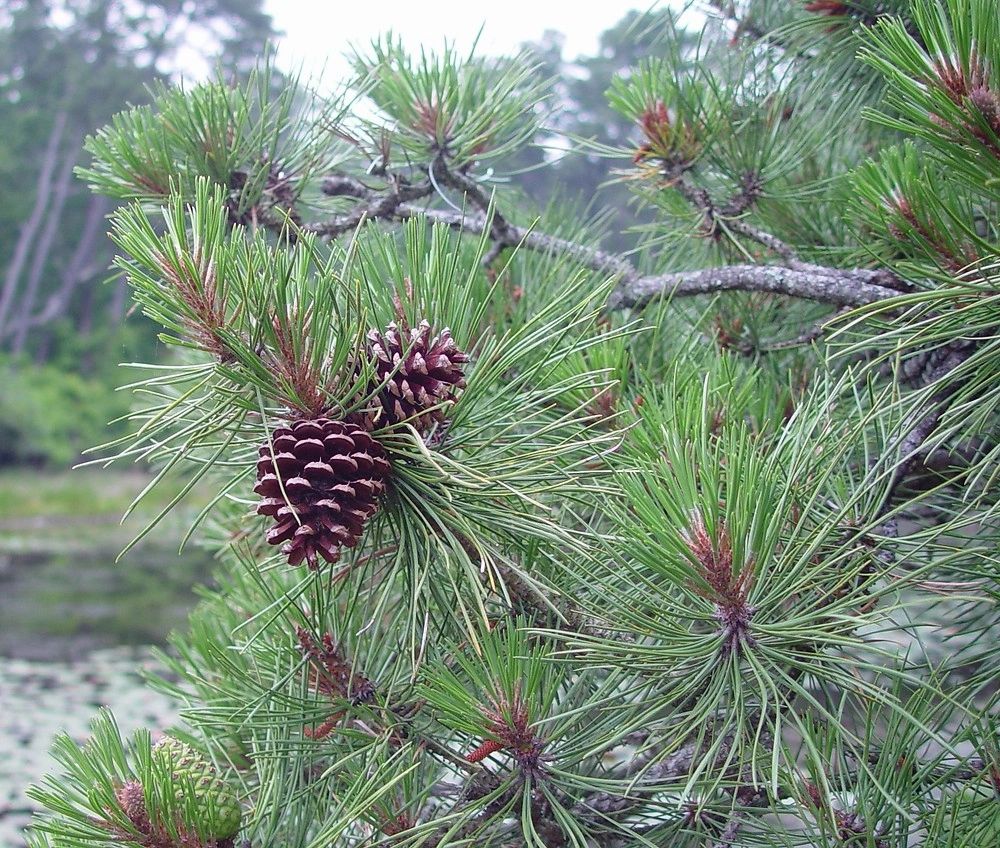
Pitch Pine is a medium-sized evergreen conifer, typically reaching 40 to 60 feet tall, with a spread of 30 to 50 feet. In less ideal conditions, such as poor, rocky soils, it may remain smaller and irregular in form. It often has a rugged, picturesque shape, sometimes with gnarled branches and multiple trunks.
Pitch Pine thrives in full sun and is highly adaptable to poor, dry, sandy, or rocky soils. It tolerates acidic soils, drought, heat, and salt spray, making it a great choice for coastal areas and difficult sites like barrens or disturbed landscapes. It’s often found in pine barrens and other low-nutrient environments.
Yes! Pitch Pine is uniquely adapted to fire. It has thick, fire-resistant bark, and it can resprout from epicormic buds along its trunk and root collar after fire damage. It also produces serotinous cones, which open and release seeds in response to the heat of a fire, helping regenerate forests in fire-prone areas.
Absolutely. Pitch Pine provides important habitat and food sources for wildlife. Birds and mammals eat the seeds, and its dense needles offer shelter and nesting sites for birds. The tree also supports insect species that are key to local ecosystems, particularly in pine barrens habitats.
Yes! Pitch Pine is generally deer-resistant, as its resinous needles and tough bark make it unpalatable to deer. It’s also low-maintenance, tolerating harsh conditions and poor soils with ease. Once established, it requires minimal care, making it ideal for naturalistic plantings and restoration projects.
Our gift cards make it easy to share the beauty of plants, flowers, and all things green. Whether for a special occasion or just because, give the gift of choice and let them select their favorites to create a garden they’ll cherish.
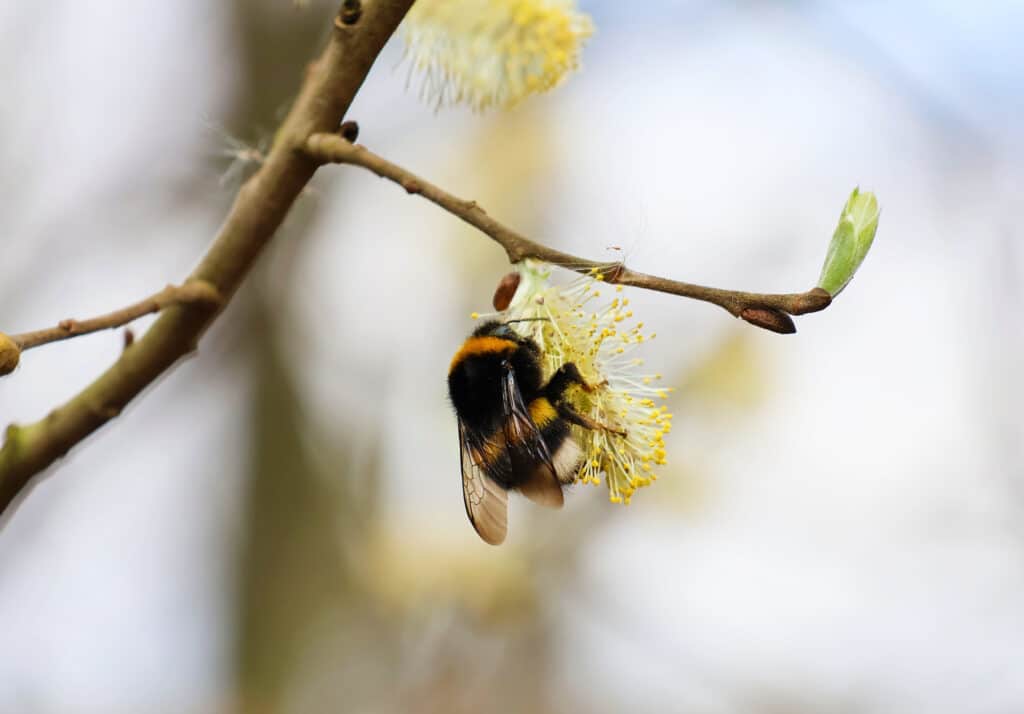
Only Local Delivery Available (Long Island & Queens)
Ground Shipping Paused
To protect our plants from extreme summer heat, we’ve paused nationwide ground shipping to avoid any damage during transit.
Local Delivery Only
We’re still delivering locally to Long Island and Queens, so nearby customers will continue to receive orders as usual.
Fall Pre-Orders Are Open Nationwide!
We will resume normal shipping for non-local orders placed during the pause in early September.
Thank you for your support and understanding—we’re looking forward to growing with you this fall!